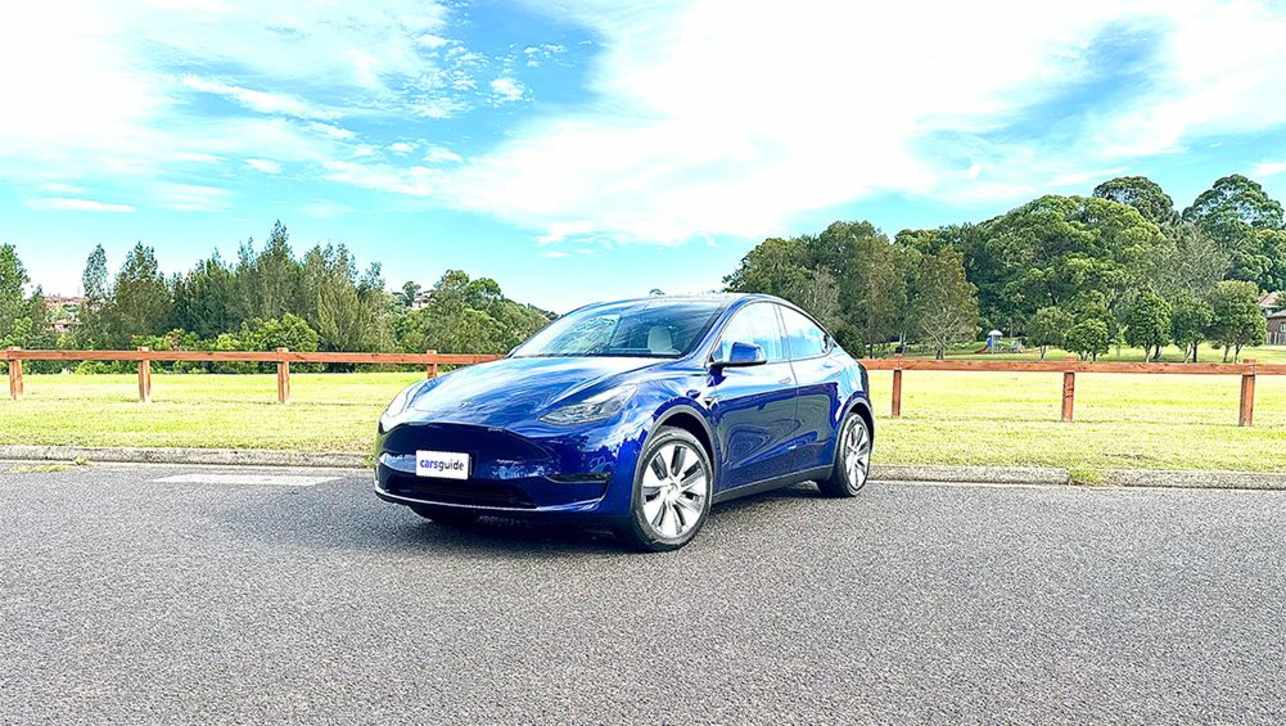Petrol, diesel or now renewable bio-ethanol. Saab is the first car maker to release a bio-ethanol-powered vehicle in Australia. The BioPower 9-5 is on sale.
Last week the range of BioPower cars was extended with the launch of the Saab 9-3 BioPower in Sport Sedan, SportCombi and Convertible models.
The launch of the three E85 vehicles, which can run on a fuel blend of up to 85 per cent ethanol and 15 per cent petrol, coincided with United Petroleum committing to install Australia's first two commercial E85 fuel pumps in Sydney and Melbourne.
“In six months to a year, I'm sure we will see other manufacturers introducing E85 cars to the market,” GM Premium Brands director Parveen Batish says.
E85 should become a realistic choice. What does it mean for motorists? Cheaper fuel for a start, perhaps about $1 a litre. Saab also estimates that E85 can reduce exhaust emissions by up to 80 per cent.
The most efficient small-capacity diesel engines deliver about 120gm-130gm of C02 emissions every kilometre, while the new 9-3 BioPower emits just 40gm, with better performance.
BioPower cars, however, use about 30 per cent more fuel than petrol-powered vehicles.
But the choice delivered by Saab with its new-look 9-3 range goes much farther than the 147kW/300Nm two-litre turbo BioPower engine.
There are five different engines available to customers, eight model variants of the sedan, nine of the SportCombi and eight of the Convertible.
There's more to come in the new year with a new two-stage turbodiesel engine and Saab's all-wheel-drive system, XWD.
Engines now available include the petrol four-cylinder 129kW/265Nm two-litre turbo, the 147kW/300Nm BioPower version and the 2.0T with 154kW and 300Nm. The 2.8-litre V6 turbo with 188kW and 350Nm is available in the premium 9-3 Aero. There's also the 1.9-litre common-rail turbo generating 110kW of power and 320Nm of torque.
Saab has bought a classy new aggressive look to the 9-3 range, with inspiration being drawn from its Aero X concept car.
Suspension has been improved across the range - and it is noticeable with improved ride and handling, in particular a sizeable reduction in torque steer.
Safety has not been overlooked, with the standard features available across the range including stability control, anti-lock brakes and cornering brake control.
Saab's passenger safety cell contains dual front airbags, roof rail airbags, front seat head/ thorax side airbags, anti-submarining seats and active front head restraints.
Small torque
Saab 9-3
Price from $43,400
Engines: Two-litre, BioPower and high-pressure turbo four cylinders; 2.8-litre turbo V6; 1.9-litre turbo diesel.
Power: 129kW, 147kW, 154kW, 188kW, 110kW.
Torque: 265Nm, 300Nm, 300Nm, 350Nm, 320Nm.
Transmissions: Six speed manual, five-speed auto (six-speed auto 1.9TiD and Aero).
Fuel consumption: Between 6.2 litres/100km and 11.2 litres/100km depending on specifications.
Performance: 0-100km/h 6.7-11 secs. Top speed 210-250km/h (governed). Tank 58 litres.
Emissions: 157g/km-279g/km.
Brakes: Four-wheel discs, front ventilated (all ventilated on Aero).
Dimensions: Length 4635mm, width 1762mm, height 1466mm, wheelbase 2675mm, track fr/rr 1524/1506mm.
Wheels: 16in alloys (17in on Aero).








.jpg)

.jpg)
.jpg)


.jpg)

.jpg)
.jpg)












Comments